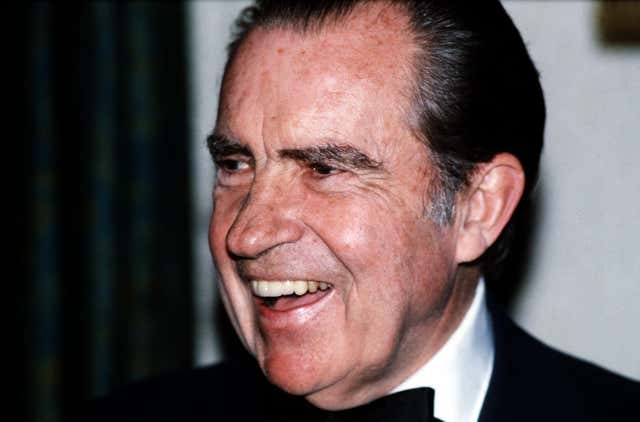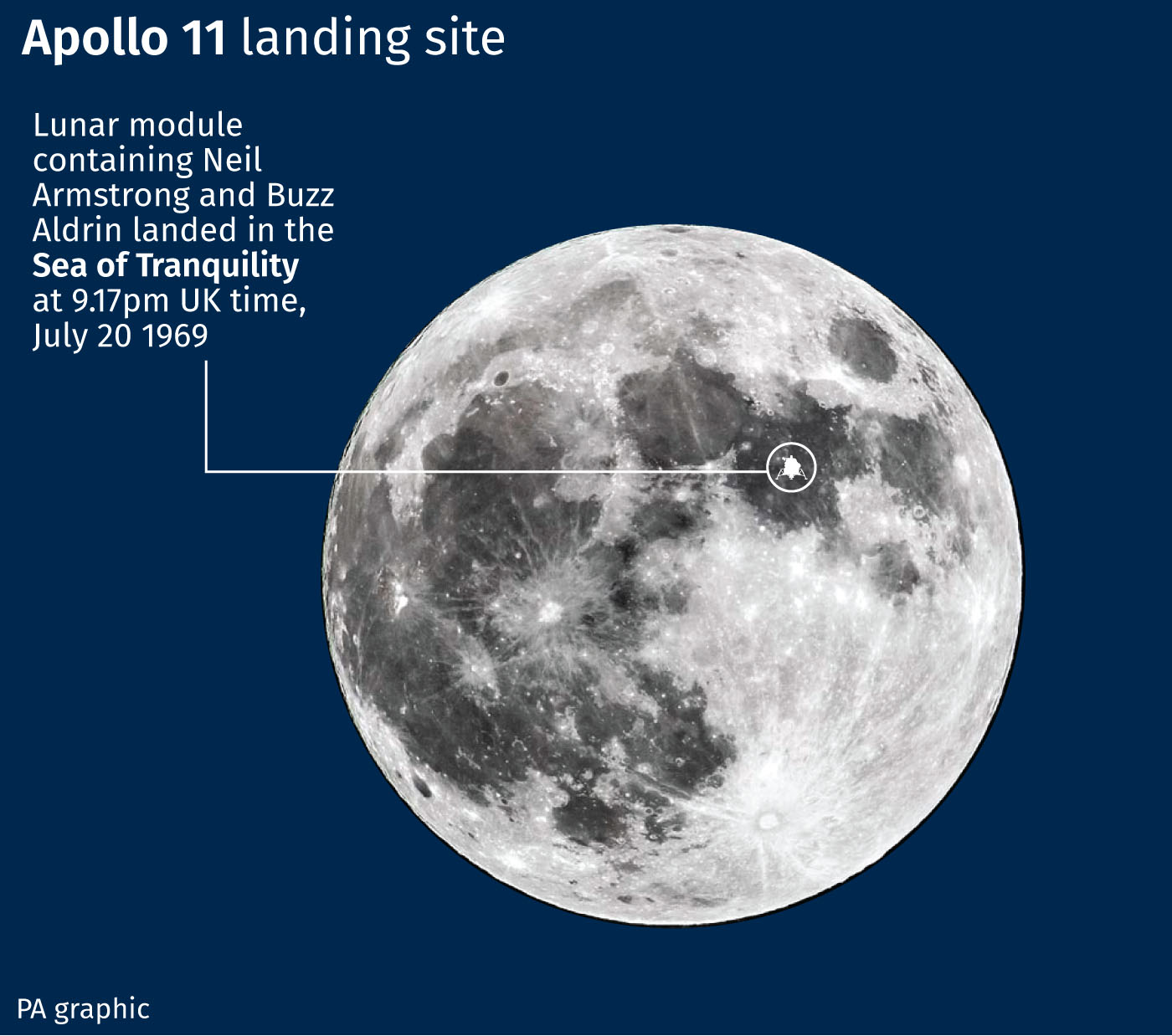
Apollo 11 was an unprecedented mission, meaning there was always the possibility that astronauts Neil Armstrong and Buzz Aldrin would not make it back from the moon’s surface.
A speech was prepared for then-US president Richard Nixon, penned by White House speechwriter Bill Safire on July 18 1969.
Fortunately, the mission was a success, meaning it never had to be read.

“Fate has ordained that the men who went to the moon to explore in peace will stay on the moon to rest in peace,” the speech said.
“These brave men, Neil Armstrong and Edwin Aldrin, know that there is no hope for their recovery.
“But they also know that there is hope for mankind in their sacrifice.
“These two men are laying down their lives in mankind’s most noble goal: the search for truth and understanding.
“They will be mourned by their families and friends; they will be mourned by their nation; they will be mourned by the people of the world; they will be mourned by a Mother Earth that dared send two of her sons into the unknown.
“In their exploration, they stirred the people of the world to feel as one; in their sacrifice, they bind more tightly the brotherhood of man.

“In ancient days, men looked at stars and saw their heroes in the constellations.
“In modern times, we do much the same, but our heroes are epic men of flesh and blood.
“Others will follow, and surely find their way home.
“Man’s search will not be denied.
“But these men were the first, and they will remain the foremost in our hearts.
“For every human being who looks up at the moon in the nights to come will know that there is some corner of another world that is forever mankind.”

Advice at the bottom of the document suggested that Mr Nixon should ring the “widows-to-be” before making the speech and that, when the time came, a clergyman should perform a burial at sea procedure, commending the astronauts’s souls to the “deepest of the deep” and reciting the Lord’s Prayer.
James Burke, one of the presenters of the BBC’s coverage 50 years ago told PA that for broadcast nothing had been planned if the mission to the moon ended in disaster.
“We never had an obituary, if it went wrong, Nasa would have cut off the feed immediately and there would have immediately been no more pictures and we would have had to ad-lib (improvise),” he explained.
“They sent one set of pictures on the way to the moon, and then there was the landing, and then one set of pictures on the way back, so most of the show was a radio show, so there’s plenty of material to make an instant obituary.
“I don’t know what you would have said except that this is what they were and this is who they were, but as for how and when and where it happened, there would have been nothing to see because Nasa would have cut off the feed immediately.”


Comments: Our rules
We want our comments to be a lively and valuable part of our community - a place where readers can debate and engage with the most important local issues. The ability to comment on our stories is a privilege, not a right, however, and that privilege may be withdrawn if it is abused or misused.
Please report any comments that break our rules.
Read the rules here